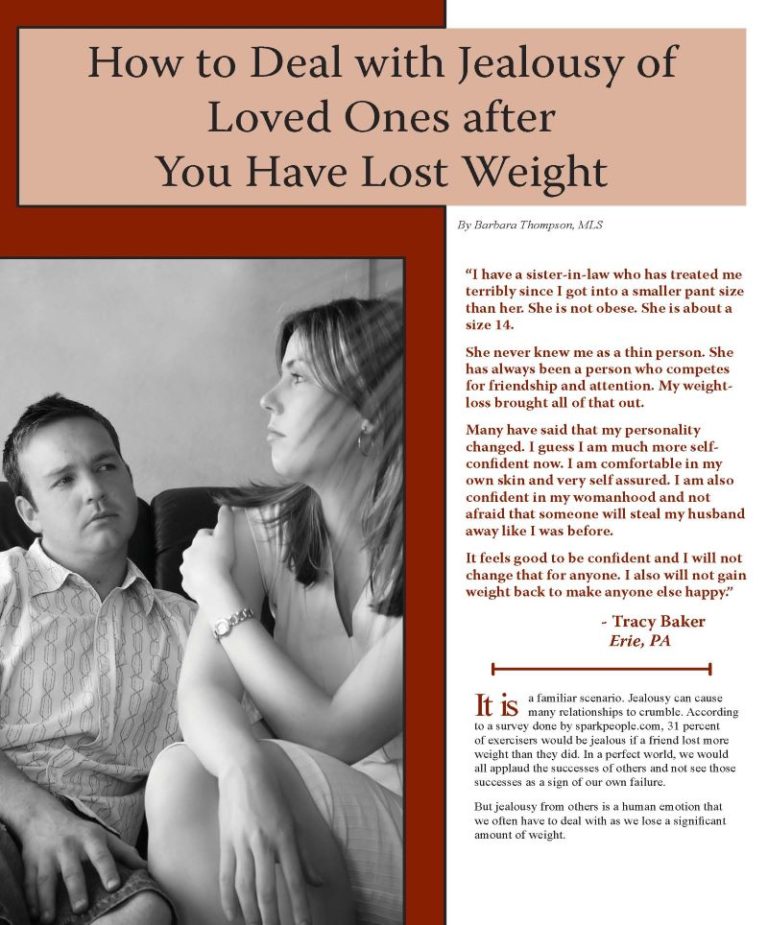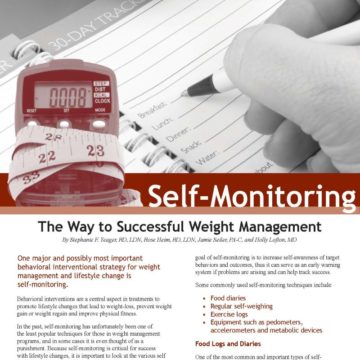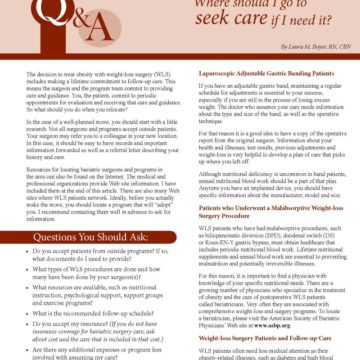How to Deal with Jealousy of Loved Ones after You Have Lost Weight


By Barbara Thompson, MLS
Winter 2008
“I have a sister-in-law who has treated me terribly since I got into a smaller pant size than her. She is not affected by obesity. She is about a size 14.
She never knew me as a thin person. She has always been a person who competes for friendship and attention. My weight-loss brought all of that out.
Many have said that my personality changed. I guess I am much more self-confident now. I am comfortable in my own skin and very self-assured. I am also confident in my womanhood and not afraid that someone will steal my husband away like I was before.
It feels good to be confident and I will not change that for anyone. I also will not gain weight back to make anyone else happy.”
– Tracy Baker Erie, PA
It is a familiar scenario. Jealousy can cause many relationships to crumble. According to a survey done by sparkpeople.com, 31 percent of exercisers would be jealous if a friend lost more weight than they did. In a perfect world, we would all applaud the successes of others and not see those successes as a sign of our own failure. But jealousy from others is a human emotion that we often have to deal with as we lose a significant amount of weight.
Jealousy Can Show up with Many of the People in Our Lives:
Spouse
If your spouse has known you only in a heavy state, losing weight might be especially frightening. You are more attractive to the opposite sex and you may be getting far more attention, making your spouse feel insecure.
You may want to be more social than before you lost weight, adding to his or her insecurity. Your spouse may have also seen your weight as a way of controlling you. If your weight caused health or mobility problems, or if you had such low self-esteem that you never wanted to go out, that meant that you were home for your spouse. And there is safety in that.
People Who Have Had Weight-loss Surgery at the Same Time
It is common to strike up a friendship with people that we meet in a support group or in the hospital. As soon as the surgery is over, it seems like the race is on, especially in support groups where people stand up and announce their weight-loss. The numbers are hard to argue. Not everyone loses at the same rate, but it is difficult for the other person to not feel like a failure.
Friends
If you were the largest person in your group (or in your family for that matter) and you lose weight, that means that someone is going to have to take your place. And that person doesn’t like it! That person may have rationalized their weight by thinking, “At least I’m thinner than she is!” Now that you are losing weight, that person is reluctantly claiming your role and could very well resent you for it.
You may have heard from friends that you have changed – you are not the same person anymore. They are right, you have changed. You cannot experience tremendous weight-loss without that happening. You are the same person in your core, but that weight-loss affects the way people treat you and the way you feel about yourself.
Do not feel guilty about your success. Relish it, but do it quietly.
Tips for Dealing with Jealousy after Weight-loss:
Tip #1
Soften your voice, maintain eye contact, tell the person how you feel and ask them to express their feelings. See if you can understand the root of their problem. Be open and honest and try to dispel their fears without negating their feelings.
Tip #2
Understand that jealousy is a human emotion. It has much more to do with how the person feels about him or herself than about you. It can be very flattering that someone recognizes your success to that degree, but be gentle with the person. They are truly hurting.
Tip #3
Compliment the person on something they are especially successful with. Everything is not about weight. A comment like “I wish I could bake as well as you do,” or “You look great in that color,” can go a long way to making someone feel less insecure.
Tip #4
Reassure your spouse that he or she is the only love in your life. Try to swallow your hurt and show him or her as much affection as you can. Compliment your spouse and support them in building their self-esteem. If the situation is very serious, seek couples’ counseling. Ask your doctor for a referral to a therapist who has dealt with these issues.
Tip #5
Do some self-examination. Could it be true that perhaps you are acting in a way that might be hurtful to others? Could your elation about your shrinking size be insensitive to the feeling of others?
Tip #6
Above all, be yourself. Do not feel pressured to regain weight because someone is feeling insecure. Watch out for those who might try to sabotage your weight-loss.
About the Author:
Barbara Thompson, MLS, is the author of Weight-loss Surgery: Finding the Thin Person Hiding inside You, and co-author of Weight-loss Surgery for Dummies.
by Robyn Pashby, PhD Winter 2024 “No one is ever going to date you if you don’t…
Read Articleby Kendall Griffey, OAC Communications Coordinator Winter 2024 The Obesity Action Coalition’s 12th annual Your Weight Matters…
Read Articleby Nina Crowley, PhD, RD (with Inspiration from Shawn Cochran) Winter 2024 Dating, no matter your age,…
Read Article








